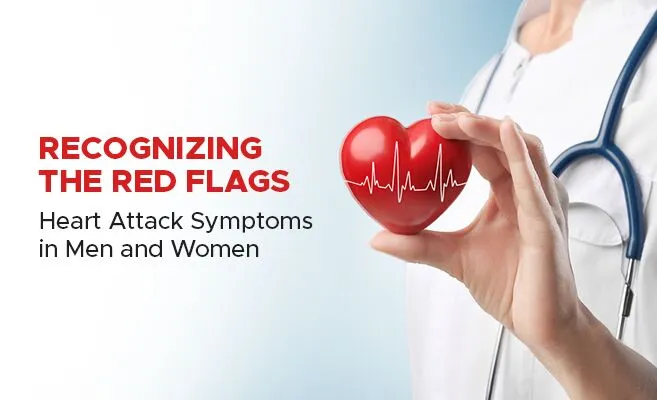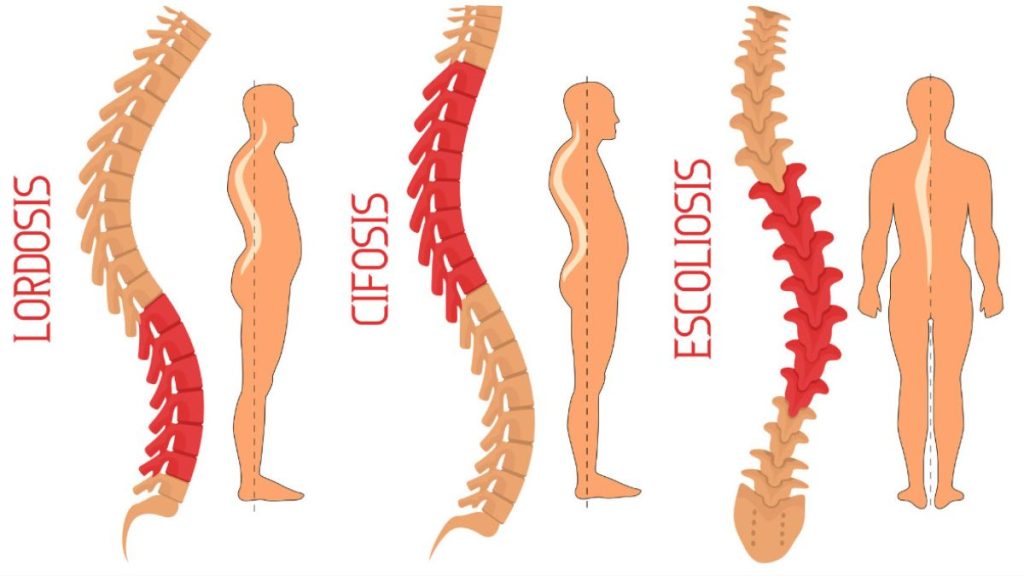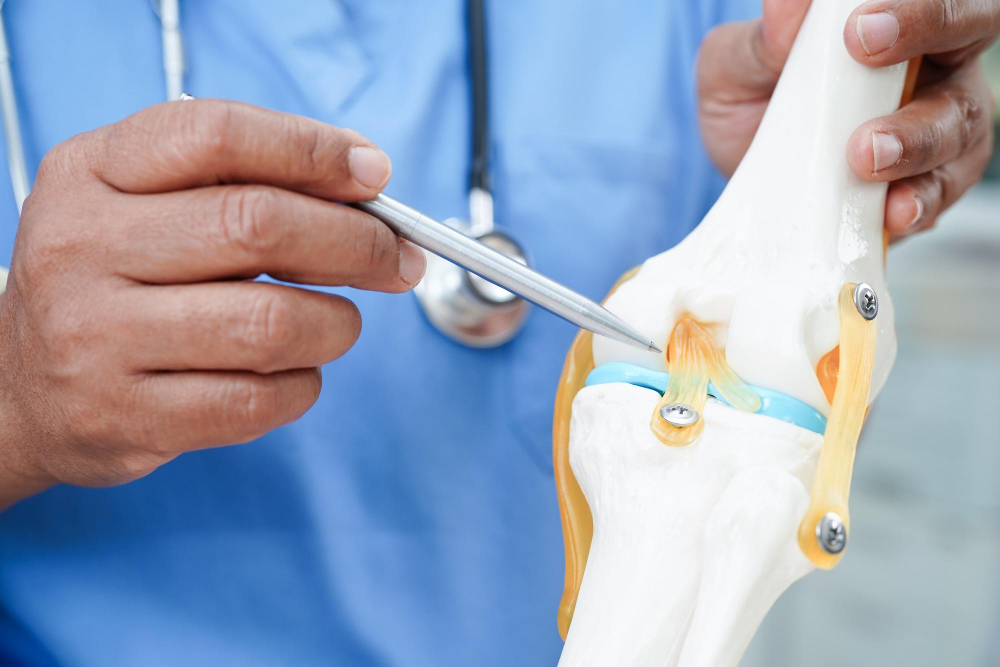
Understanding Heart Arrhythmias: When Your Heart Beats Irregularly
A healthy heart maintains a steady rhythm. But did you know that faulty electrical impulses can cause the heart to beat too fast, too slow, or irregularly? Some arrhythmias can be life-threatening if left untreated.
Atrial Fibrillation (AFib):
Atrial Fibrillation is a condition where the heart beats rapidly and irregularly, leading to poor blood flow. This can increase the risk of blood clots, stroke, heart failure, and other complications. It reduces the heart’s ability to pump blood efficiently, often resulting in an abnormally fast heartbeat.
Tachycardia:
A heart rate exceeding 100 beats per minute in adults is known as Tachycardia. Factors like excessive caffeine or alcohol consumption and heavy smoking can contribute to this condition.
Ventricular Fibrillation (VFib):
Ventricular Fibrillation is a severe arrhythmia commonly linked to cardiac arrest. It disrupts the heart’s ability to pump blood to the lungs and other vital organs, making it a critical medical emergency.
Premature Beats:
Irregular heartbeats, or premature beats, can occur due to heart disease, stress, excessive exercise, or the intake of caffeine and nicotine. While often harmless, lifestyle changes and medical consultation can help manage the condition effectively.
Bradycardia:
Bradycardia is when the heart rate drops below 60 beats per minute. While it may not be concerning in physically active individuals, elderly people are more susceptible to complications arising from a slow heart rate.
Long Q-T Syndrome:
This inherited disorder affects the heart’s electrical system, delaying its recovery after each heartbeat. In rare cases, it can also be triggered by certain medications, neurological conditions, or strokes.
If you experience symptoms like dizziness, shortness of breath, or palpitations, consult a cardiologist for proper evaluation and treatment. Early diagnosis and lifestyle adjustments can significantly improve heart health.


